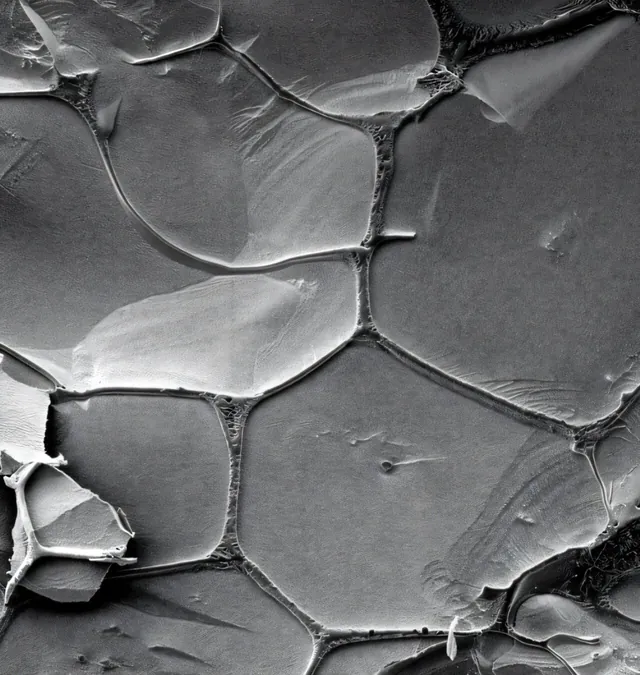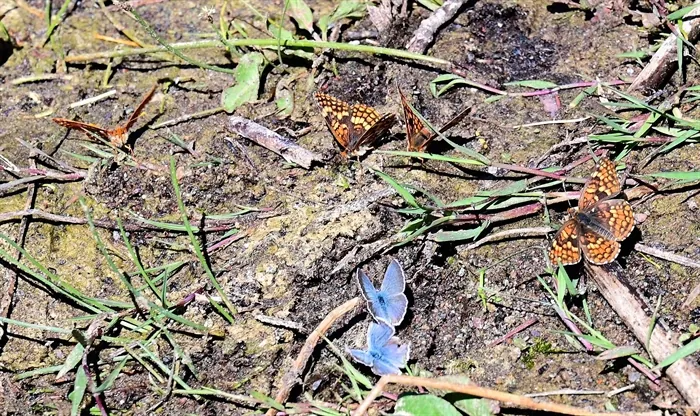
Unlocking the Secrets of Early Earth: How Triplet RNA Could Sparked Life
2025-05-28
Author: Benjamin
A Groundbreaking Discovery on the Origins of Life
In a stunning revelation, researchers at UCL and the MRC Laboratory of Molecular Biology have uncovered a potential method for RNA—ribonucleic acid—to replicate itself on primordial Earth, a crucial step in the timeline of life’s genesis.
The RNA Revolution: From Complexity to Simplicity
Scientists believe that ancient life forms relied on RNA to carry and reproduce genetic material before the rise of DNA and proteins. However, lab-based replication of RNA has long been a daunting challenge. The molecules tend to coil into a double helix, making them resistant to replication—like stubborn Velcro that binds tightly and won’t let go!
A Pioneering Approach: The Role of Triplet RNA Building Blocks
In a paper published in Nature Chemistry, the team tackled this hurdle using innovative three-letter "triplet" RNA building blocks. By introducing acid and heat in a water solution, they successfully unraveled the double helix, then neutralized and froze the mixture. Remarkably, in the tiny liquid spaces between ice crystals, these triplet blocks formed a protective layer around the RNA strands, preventing them from rejoining too quickly, thus allowing duplication.
A Cyclical Process Mimicking Nature
Thawing the solution and repeating the pH and temperature cycles simulated conditions that could naturally occur on Earth, such as day-night temperature variations or geothermal activity. This dynamic environment enabled continuous RNA replication, forming longer strands capable of biological functions vital for life’s emergence.
Expert Insights: The Essence of Life and Replication
Dr. Philipp Holliger, who led the study, emphasized, "Life differs from mere chemistry by the presence of information—an encoded molecular memory that needs to be replicated to persist through generations." Dr. James Attwater added, "Replication is pivotal to biology; it's the reason we exist today. Yet, the origins of the first replicator remain elusive in understanding biological evolution.”
Exploring Early Life: A New Frontier
While focusing on chemistry, the researchers suggested that their findings could reflect actual conditions in freshwater lakes, especially in places where geothermal heat meets cooler surroundings. However, they noted that such RNA replication wouldn’t thrive in salty waters, as the salt interferes with the necessary processes.
The Bigger Picture: Life's Complex Origin
The origin of life likely involved more than just RNA; it probably emerged from a blend of RNA, peptides (short amino acid chains), enzymes, and lipid barriers that safeguard these vital components. This ongoing research opens new avenues, with several teams at UCL and the MRC LMB, including experts like Dr. John Sutherland and Professor Matthew Powner, piecing together the puzzle of life’s complex beginnings from simple building blocks that might have been plentiful on early Earth.









 Brasil (PT)
Brasil (PT)
 Canada (EN)
Canada (EN)
 Chile (ES)
Chile (ES)
 Česko (CS)
Česko (CS)
 대한민국 (KO)
대한민국 (KO)
 España (ES)
España (ES)
 France (FR)
France (FR)
 Hong Kong (EN)
Hong Kong (EN)
 Italia (IT)
Italia (IT)
 日本 (JA)
日本 (JA)
 Magyarország (HU)
Magyarország (HU)
 Norge (NO)
Norge (NO)
 Polska (PL)
Polska (PL)
 Schweiz (DE)
Schweiz (DE)
 Singapore (EN)
Singapore (EN)
 Sverige (SV)
Sverige (SV)
 Suomi (FI)
Suomi (FI)
 Türkiye (TR)
Türkiye (TR)
 الإمارات العربية المتحدة (AR)
الإمارات العربية المتحدة (AR)